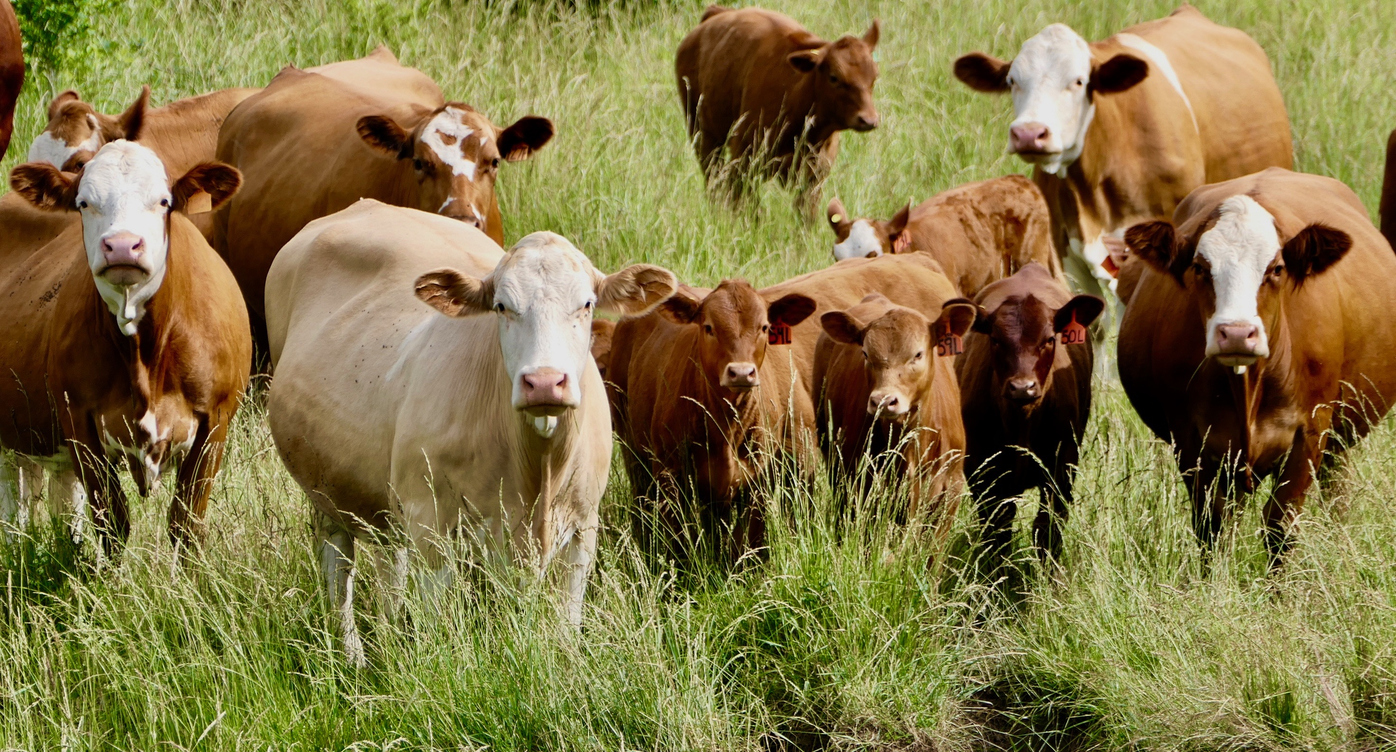On the avian flu front, this is both the worst-case scenario coming to fruition… and reassuring news. In the United States, the virus is found to be more often present among agricultural workers than previously measured. On the other hand, several of these people did not have symptoms, which suggests that the virus is less virulent than feared.
Remember that H5N1 avian flu, after having been detected since the end of 2021 in at least 50 species of mammals — which means that it has acquired one or more mutations allowing it to cross the barrier of these species — is detected in the United States since last March in cows.
However, as many humans on farms are in daily contact with cows, this raises fears that a mutation would be enough for this virus to become transmissible between humans.
Since last March, American farmers were often hostile to the idea of letting veterinarians carry out systematic screening of their animals or their employees. Which only gave a partial idea of the dispersion of the virus. Officially, H5N1 has been identified in 446 cows in 15 states and 44 agricultural workers.
7% of workers
However, according to a collection ofblood samples carried out on 115 agricultural workers in Michigan and Colorado by the Center for Disease Control (CDC), and only on farms where at least one cow had tested positive for the virus, 7% of these workers (or 8 of them them) had antibodies against the virus. Which means they had been carrying the virus at some point.
Here are two PAA (Positive, Actionable, Achievable) related questions for the provided article:
## Avian Flu: A Ticking Time Bomb or a False Alarm?
**World Today News Expert Interview**
**Dr. Amelia Chen, Infectious Disease Specialist and Epidemiologist at the Center for Disease Control, joins us today to discuss the recent concerning news surrounding avian influenza.**
**WTN:** Dr. Chen, thank you for joining us today. The news regarding avian flu is certainly causing a lot of anxiety. We’re hearing that it’s been detected in agricultural workers, and even in cows in the United States. Can you help us understand the situation?
**Dr. Chen:** Certainly. While the increased detection of avian flu in both humans and animals is concerning, it’s crucial to approach the situation with a balanced perspective.
Yes, the virus has been detected in a higher number of agricultural workers than previously thought. That’s a red flag, especially given that these individuals are often in close contact with infected poultry.
However, there’s reassuring news as well. Many of those infected show no symptoms, suggesting that the virus may not be as virulent in humans as initially feared.
**WTN:** But the fact that it’s been found in cows raises alarm bells. Does this mean it could mutate further and become easily transmissible between humans?
**Dr. Chen:** That’s a valid concern. The ability of avian flu to jump from birds to mammals, including cows, signifies its potential to adapt and evolve.
We’ve seen it jump to at least 50 species of mammals worldwide, suggesting it has acquired mutations that allow it to cross species barriers. A potential mutation enabling human-to-human transmission remains a serious threat, but it’s important to remember that this hasn’t happened yet.
**WTN:** What are the key steps being taken to contain the spread and prevent a potential pandemic?
**Dr. Chen:** The CDC is working closely with agricultural authorities and veterinary experts to implement stringent biosecurity measures on farms. This includes rigorous testing, isolation of infected birds, and vaccination strategies.
Public health officials are also actively monitoring the situation, conducting contact tracing for anyone exposed to infected individuals, and promoting hygiene practices to minimize the risk of transmission.
**WTN:** What can individuals do to protect themselves?
**Dr. Chen:**
* **Avoid contact with sick or dead birds.**
* **Prepare poultry thoroughly before consumption.**
* **Wash your hands frequently and avoid touching your face.**
* **Stay informed about local health advisories and recommendations.**
**WTN:** Should people be panicking?
**Dr. Chen:**
Panic is unhelpful. We need to be vigilant, informed, and proactive. By taking appropriate precautions and supporting ongoing research and surveillance efforts, we can effectively mitigate the risk of a potential avian flu pandemic.
**WTN:** Thank you, Dr. Chen, for your insights and expertise. We appreciate you taking the time to inform our viewers about this important issue.

